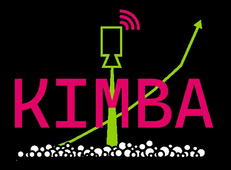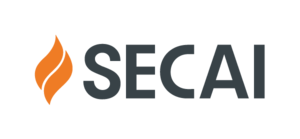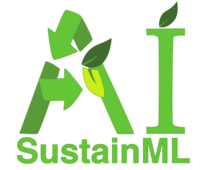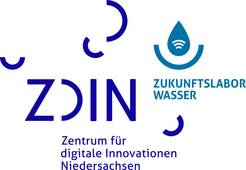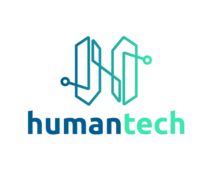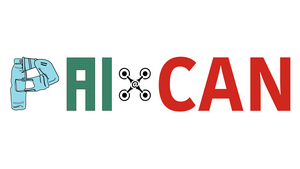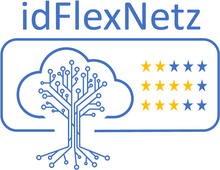
Research Departments
- Agents and Simulated Reality 5
- Augmented Vision 2
- Cognitive Assistants 4
- Cooperative and Autonomous Systems 3
- Cyber-Physical Systems 2
- Embedded Intelligence 5
- Experience-based Learning Systems 1
- Innovative Factory Systems 6
- Institute for Information Systems 2
- Intelligent Analytics for Massive Data 1
- Intelligent Networks 2
- Marine Perception 15
- Robotics Innovation Center 7
- Smart Data & Knowledge Services 4
- Smart Enterprise Engineering 2
Research Topics
- Autonomous Systems 14
- Data Management & Analysis 15
- Human-Machine Interaction 7
- IT Security 4
- Image Recognition & Understanding 10
- Language & Text Understanding 1
- Machine Learning & Deep Learning 28
- Other 14
- Robotics 11
- Sensors & Networks
- Virtual & Augmented Reality 4
Fields of application
- Environment & Energy
- Farming & Agricultural Technology 4
- Health & Medicine 7
- Industrie 4.0 13
- Knowledge & Business Intelligence 1
- Learning & Education 1
- Mobility 6
- Other 11
- Smart Home & Assisted Living 10
- Trade & Logistics 2
Search narrowed by:
Displaying results 11 to 20 of 51.
Research Departments
- Agents and Simulated Reality 5
- Augmented Vision 2
- Cognitive Assistants 4
- Cooperative and Autonomous Systems 3
- Cyber-Physical Systems 2
- Embedded Intelligence 5
- Experience-based Learning Systems 1
- Innovative Factory Systems 6
- Institute for Information Systems 2
- Intelligent Analytics for Massive Data 1
- Intelligent Networks 2
- Marine Perception 15
- Robotics Innovation Center 7
- Smart Data & Knowledge Services 4
- Smart Enterprise Engineering 2
Research Topics
- Autonomous Systems 14
- Data Management & Analysis 15
- Human-Machine Interaction 7
- IT Security 4
- Image Recognition & Understanding 10
- Language & Text Understanding 1
- Machine Learning & Deep Learning 28
- Other 14
- Robotics 11
- Sensors & Networks
- Virtual & Augmented Reality 4
Fields of application
- Environment & Energy
- Farming & Agricultural Technology 4
- Health & Medicine 7
- Industrie 4.0 13
- Knowledge & Business Intelligence 1
- Learning & Education 1
- Mobility 6
- Other 11
- Smart Home & Assisted Living 10
- Trade & Logistics 2
